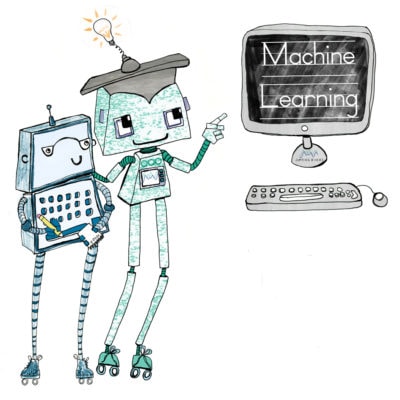
Training Course Details

Machine Learning with Python
Course Level: Intermediate
Python (along with R) has become the dominant language in machine learning and data science. This two-day intensive course will equip you with the knowledge and tools to undertake a variety of tasks in a standard machine learning analytics pipeline. We stress the importance of data preparation, both in terms of data standardisation and feature selection, before tackling model building.
We run a separate course on using Tensorflow and Keras with Python.